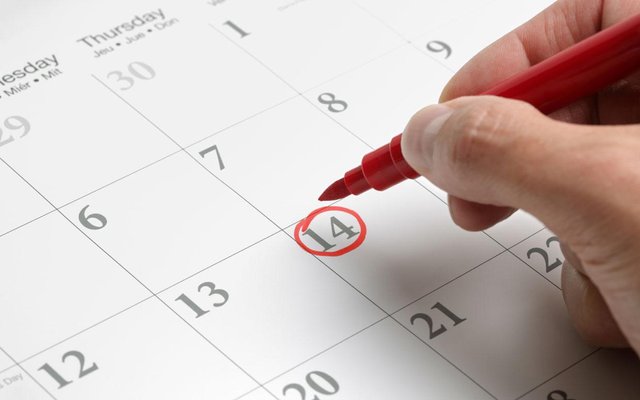In goal setting, knowing how to write your goals and set deadlines is essential. You can't let yourself off the hook. If you want to succeed, you have to do your best every single day. You have to work hard.

Goal setting is a very deliberate process. It's not something that you can just "do." You need to think about what it is that you are trying to accomplish. Then you need to formulate goals. Then you need to figure out how you're going to achieve those goals.
Do you ever feel like you've accomplished everything you wanted to? When you don't get anything done in a certain period of time, that can discourage you. That's why you might want to consider having more than one goal. You can use your imagination.
The best thing you can do is to set short-term goals. These goals give you something to strive for each day, but you need to be aware that it might take you a little bit of extra effort to reach them. But you need to know that they will motivate you more than long-term goals.
The next step is to decide which deadlines you need. There are different kinds of goals, but the basic structure is the same. For example, if you are writing about writing, you would most likely have a goal of an e-book or some kind of report. Those kinds of goals usually don't need very specific deadlines.
But there are other kinds of goals. For example, if you're an accountant who needs to set up a new budget, you might want to have deadlines on when you will have completed it. Again, those deadlines are really just milestones. You might have to wait a few months before you get to them, but that doesn't mean you can't mark them off. It just means that you have to be disciplined enough to stick to your schedule.
And of course, once you set deadlines for yourself, you need to create a plan of action. What are the best ways to go about getting your goals accomplished? Are there certain people or things you should do on certain days? For example, if you want to write a book, you might write it during the week and then set aside time for the weekend. This way, you won't be so easily distracted by all the things that are happening in your life, and you'll be able to get your work done.
Of course, you should also set a deadline for each goal as well. That way, you'll be motivated to actually do the things you've set out to do. For example, when I set goals, I make sure I set a due date for myself, and I also try to do my best every single day to fulfill the goal. Of course, sometimes it's hard to stay motivated. That's when you need to use incentives to get you to stick to your plan.
For example, if you set a goal to lose a hundred pounds, you might motivate yourself to eat healthier foods and work out more. Maybe you might even feel better about yourself because of it. However, if you don't do anything to help yourself, you won't have made any progress by the time the deadline comes. So you need to keep encouraging yourself, but also give yourself short-term incentives in the form of smaller goals to keep you motivated.
You should also write your goals and set deadlines for yourself in the proper way. For example, if your goal is to get ten thousand visitors to your website, you don't necessarily want to write that goal down in a few lines. You should write it down in a few sentences, so it's more readable.
For example, if you wrote down "I'll write ten thousand words about how to attract more customers to my website." Then later on you realized that you've lost track of what you were trying to accomplish with your goal. So you should write it down again, maybe in a few lines or even in a paragraph. That way, you'll remember what you were trying to accomplish with your goal, and you won't miss out on the opportunity to do something else. This is also important in achieving goals. If you don't write them down, you'll easily forget about them.

In a nutshell, this is how to write your goals and set deadlines. It's important that you know what your goals are, what they're for, and how you're going to reach them. You'll then be able to create some motivation and ensure that you stay on track. Then you can write your goals and set deadlines so that you won't forget what you're trying to achieve. Good luck!